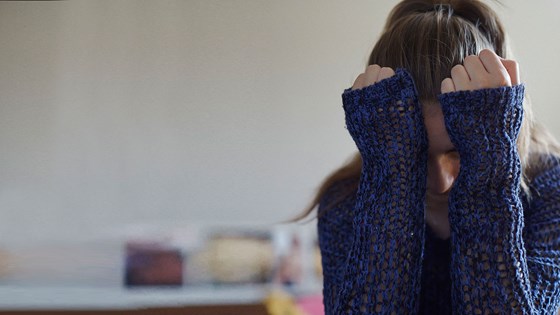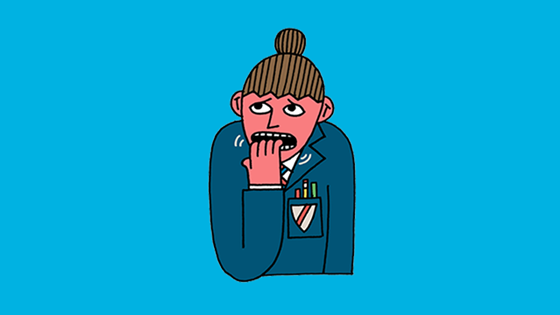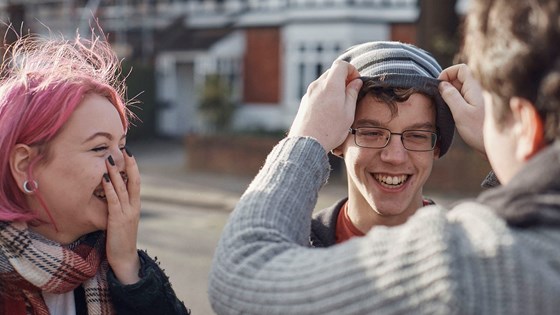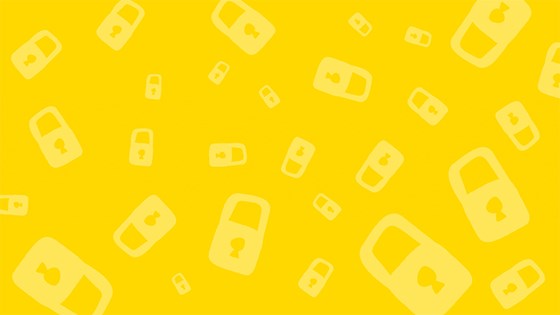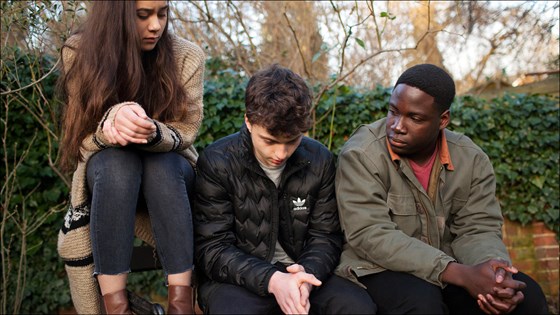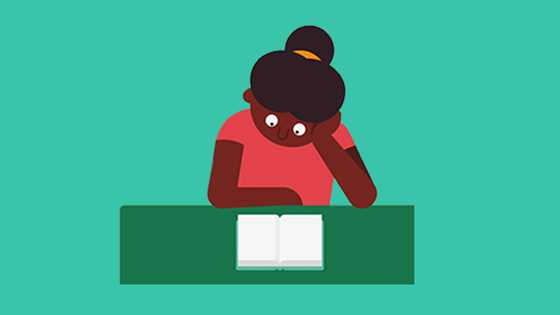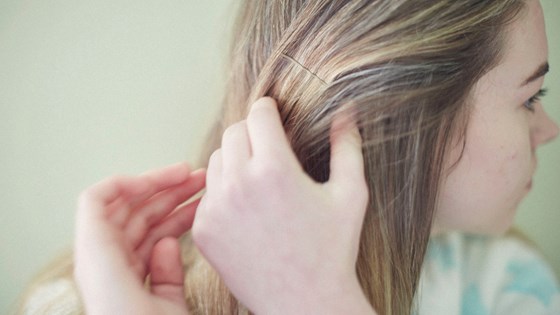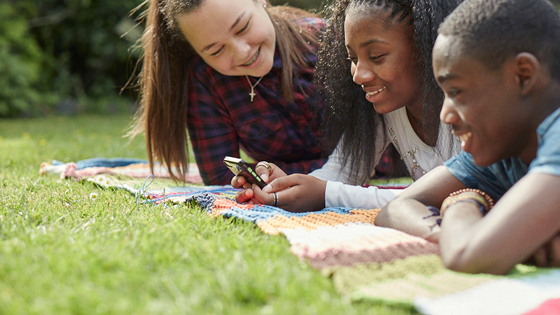Pro-ana sites
'Pro-ana’ sites are online communities where people with anorexia go to post pictures of themselves and share tips on losing weight. ‘Pro-ana’ websites or 'thinspiration' blogs can be really harmful and negative places. They encourage people to get dangerously underweight.
Why are these sites bad?
It might seem like these websites are a good way to talk to people who know what you’re going through. But, these sites often make eating problems worse. They make it seem like not eating is a good thing when it isn't.
‘Thinspiration’ and ‘pro-ana’ sites may make it seem like anorexia or bulimia is a lifestyle choice. This isn’t true – anorexia is a mental illness. You can recover from eating disorders and you don’t have to face it alone.
Visit our message boards
It can feel like nobody knows what you’re going through. And it can feel good to be part of an online community with other people who also know what anorexia’s like. But there are communities full of people who know about anorexia and want to support you.
Go on the message boards and talk to other people about their experiences with anorexia. Or you could check out the recovery community on Beat. People here know what you’re going through and can help you get better.


